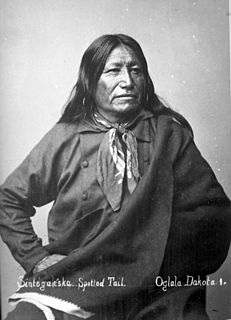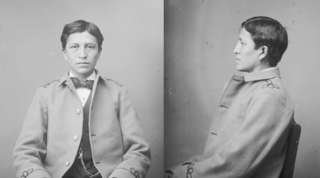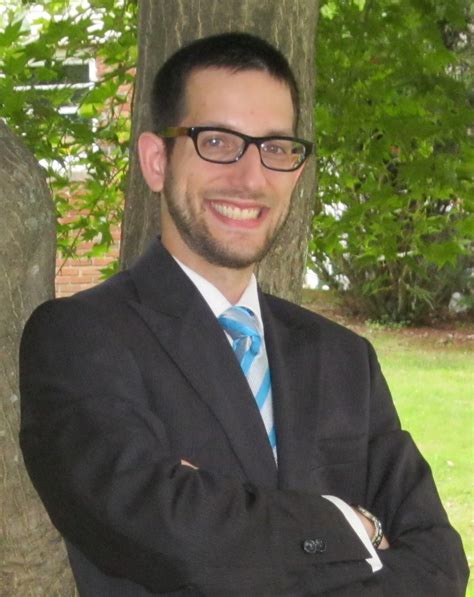A Quote by Boyd Norton
Wilderness gave us knowledge. Wilderness made us human. We came from here. Perhaps that is why so many of us feel a strong bond to this land called Serengeti; it is the land of our youth.
Related Quotes
What the Indians are saying is that they are recognizing the right of wilderness to be wilderness. Wilderness is not an extension of human need or of human justification. It is itself and it is inviolate, itself. This does not mean that, therefore, we become separated from it, because we don't. We stay connected if, once in our lives, we learn exactly what that connection is between our heart, our womb, our mind, and wilderness. And when each of us has her wilderness within her, we can be together in a balanced kind of way. The forever, we have that within us.
The Promised Land, for many people, though, is something that's far off in the future. People are saved, but they don't feel victory. They feel like they're in a wilderness and they're wandering. And so this book of Joshua gives us a picture of how we can come out of the wilderness in our own spiritual lives and enter into a season of victory.
What is proposed herein is that we have no right, nor any ethical justification, for clearing land or using wilderness while we tread over lawns, create erosion, and use land inefficiently. Our responsibility is to put our house in order. Should we do so, there will never be any need to destroy wilderness.
I grew up in northern Minnesota on 40 acres of wooded land 20 miles from the nearest town, and so the wilderness was home. It was not an unsafe place. I had that advantage. But there are so many representations of the wilderness being dangerous. You know, depictions of wild animals attacking people. It's like, "No, we kill those animals in far greater numbers than they kill us."
Only to the white man was nature a "wilderness" and only to him was the land "infested" with "wild" animals and "savage" people. To us it was tame. Earth was bountiful and we were surrounded with the blessings of the Great Mystery. Not until the hairy man from the east came and with brutal frenzy heaped injustices upon us and the families that we loved was it "wild" for us. When the very animals of the forest began fleeing from his approach, then it was that for us the "Wild West" began.
Our incredible bewilderment (wilderness separation) blinds us from seeing that our many personal and global problems primarily result from our assault of and separation from the natural creation process within and around us. Our estrangement from nature leaves us wanting,and when we want there is never enough. Our insatiable wanting is called greed. It is a major source of our destructive dependencies and violence.
I am asserting that those who love the wilderness should not be wholly deprived of it, that while the reduction of the wilderness has been a good thing, its extermination would be a very bad one, and that the conservation of wilderness is the most urgent and difficult of all the tasks that confront us, because there are no economic laws to help and many to hinder its accomplishment.
The eyes of the future are looking back at us and they are praying for us to see beyond our own time. They are kneeling with hands clasped that we might act with restraint, that we might leave room for the life that is destined to come. To protect what is wild is to protect what is gentle. Perhaps the wilderness we fear is the pause between our own heartbeats, the silent space that says we live only by grace. Wilderness lives by this same grace. Wild mercy is in our hands.
Something will have gone out of us as a people if we ever let the remaining wilderness be destroyed We need wilderness preserved — as much of it as is still left, and as many kinds — because it was the challenge against which our character as a people was formed We simply need that wild country available to us, even if we never do more than drive to its edge and look in. For it can be a means of reassuring ourselves of our sanity as creatures, a part of the geography of hope.
...We're allotted a little space on earth and that we survive in that wilderness that can take back what it has given, as easily as blowing its breath on us or sending the sea to tell us we are not so big. When we forget how close the wilderness is in the night, my grandpa said, someday it will come in and get us, for we will have forgotten how terrible and real it can be.
This was Mahatma Gandhi’s idea, moving from ownership to relationship—seeing that land does not belong to us. We belong to the land. We are not the owners of the land. We are the friends of the land, like friends of the earth. The fundamental shift is in this consciousness that land does not belong to us, we belong to the land.
































